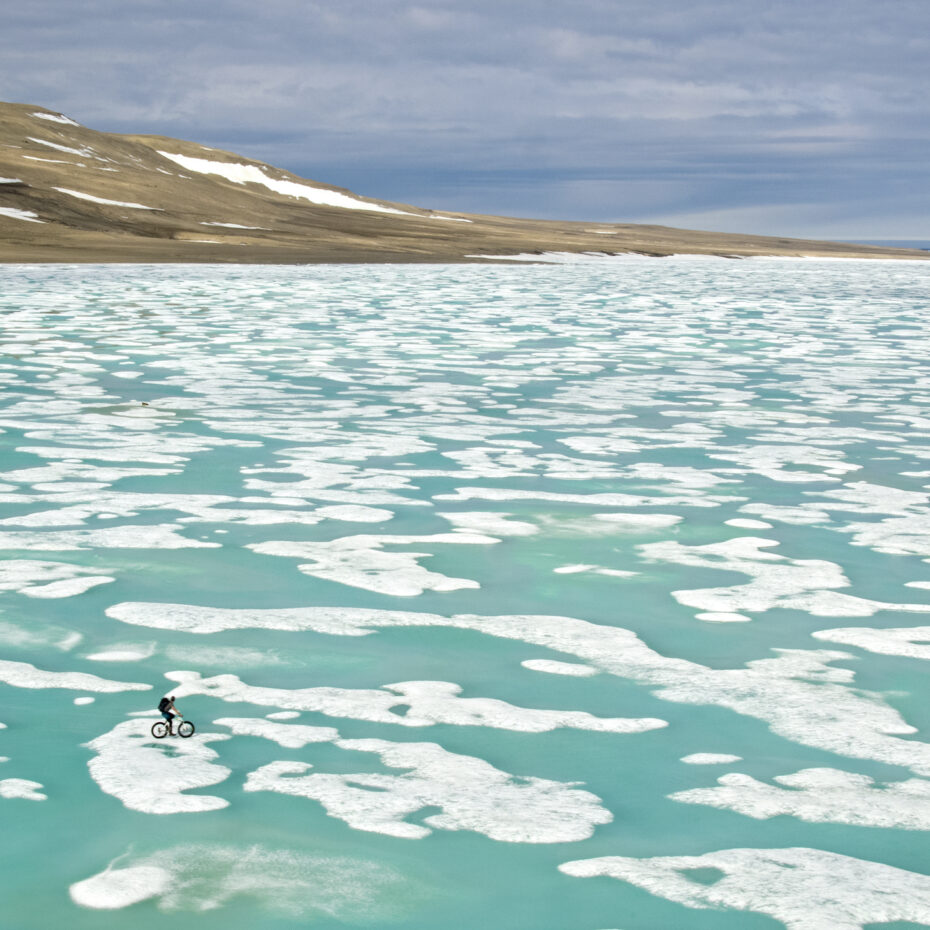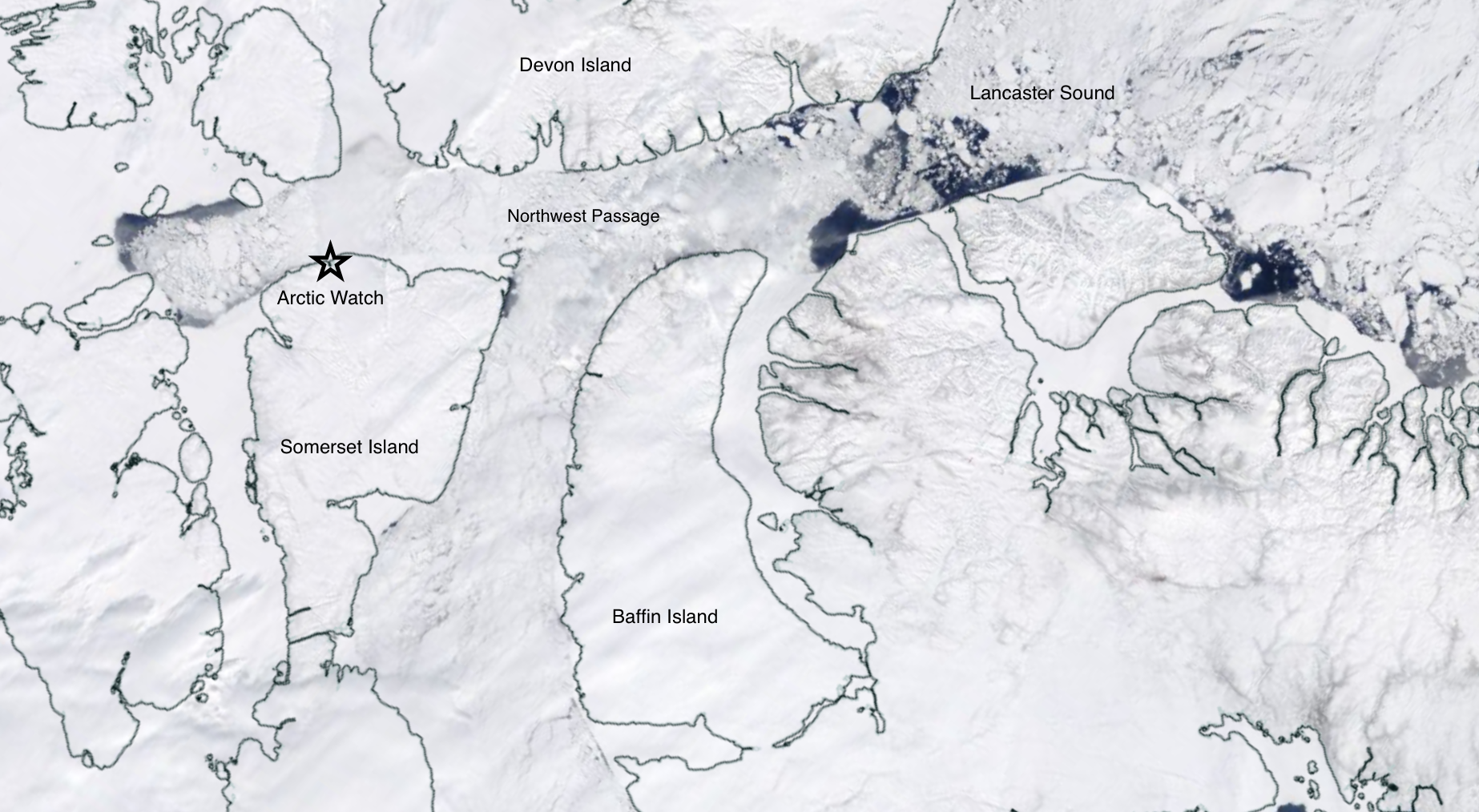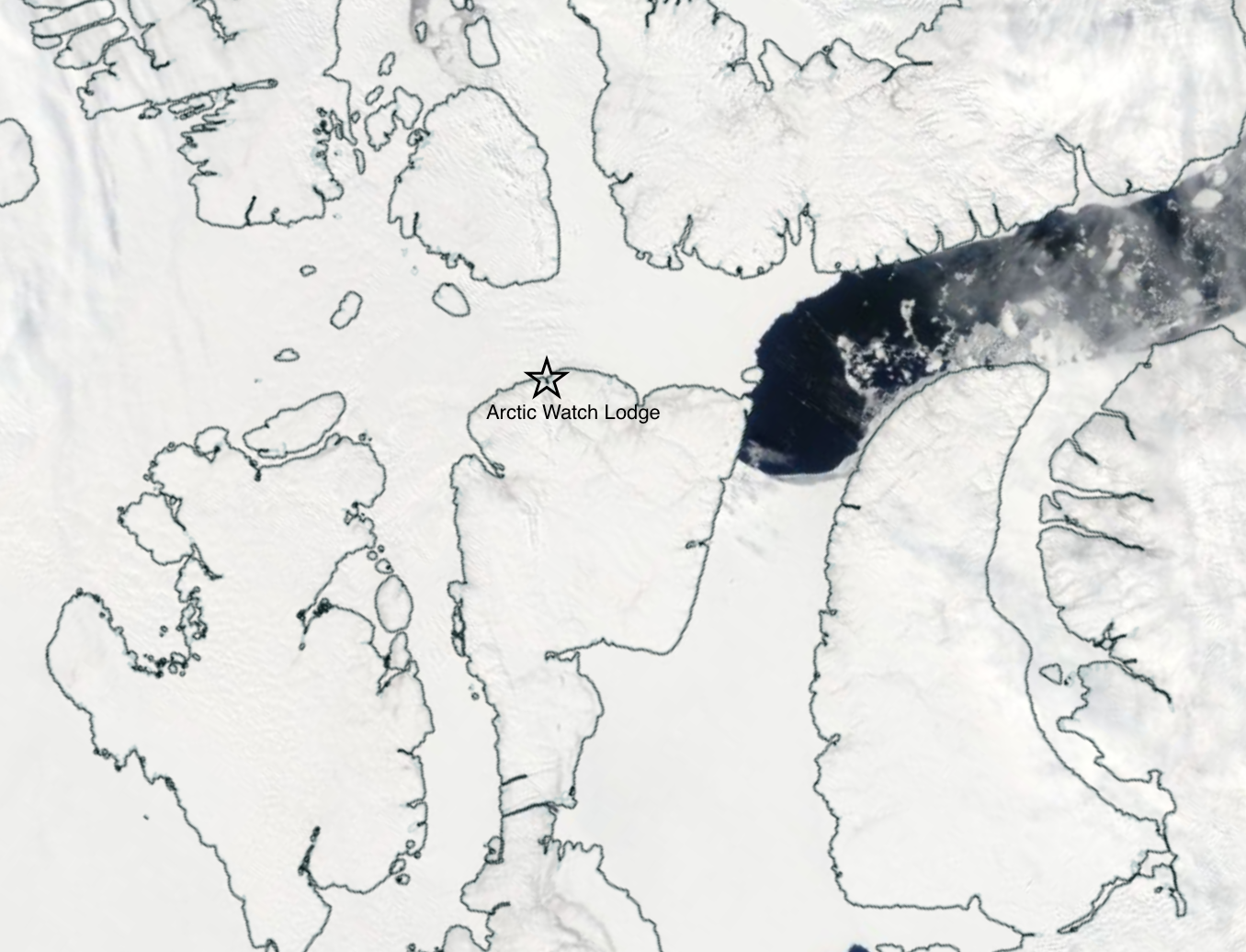2021 - ARCTIC ICE MELTING SOONER?
Arctic Watch

Arctic Watch
May 05, 2021 | Arctic Watch
For years we've known that the ice caps are shrinking due to climate change. Recent satellite images show signs that we're in for another early Arctic summer melt. Two images, twenty one years apart. Striking contrast.


It's no secret. Polar ice caps are melting fast. Like really fast. A recent study republished in Yale's School of Environment, which focused on Greenland (next door to Canada) and Antarctica shows that polar ice caps are melting on average, six times faster than in the 1990s. Go ahead and google it - numerous studies show that we're losing ice in the polar regions very fast.
Polar ice caps and glaciers are the air conditioning of the our planet. As solar rays go though the atmosphere and collide with earth, darker matter absorbs heat. On the contrary, white, or lighter coloured matter will absorb less heat. It's a little like having a white tuque at both ends of the globe - a fully ice covered Arctic ocean will absorb less heat than an ice free (dark) ocean. The same goes for Antarctica: as ice caps melt, more rock and soil is exposed, increasing the amount of heat absorbed.
The team at Weber Arctic has observed this first hand over the past three decades including:
- Observations from North Pole expeditions over the past 25 years, consistently less ice coverage on route.
- Less yearly ice coverage on the Northwest Passage including Arctic sea ice breaking sooner.
- Longer summer seasons in the Arctic with greater temperatures
The satellite images above, (taken by Nasa, June 2000 and May 2021), show the central Northwest Passage region of Arctic Watch Wilderness Lodge (located in Cunningham Inlet, Somerset Island) including Devon Island and Baffin Island. What's striking about the image is how the ice on the Northwest Passage near Arctic Watch is already broken and opening - this is so early, that even 10 years ago, we wouldn't have seen such little ice! While this is only a "snapshot" in time, it does correlate with the overall trend surrounding climate change.
While we can't predict what mother nature has in store for us this summer, it's safe to say that most wildlife congregations should be arriving early!
We understand that booking a trip like this is a big endeavour. Please reach out to us with any questions that you might have regarding your upcoming adventure.